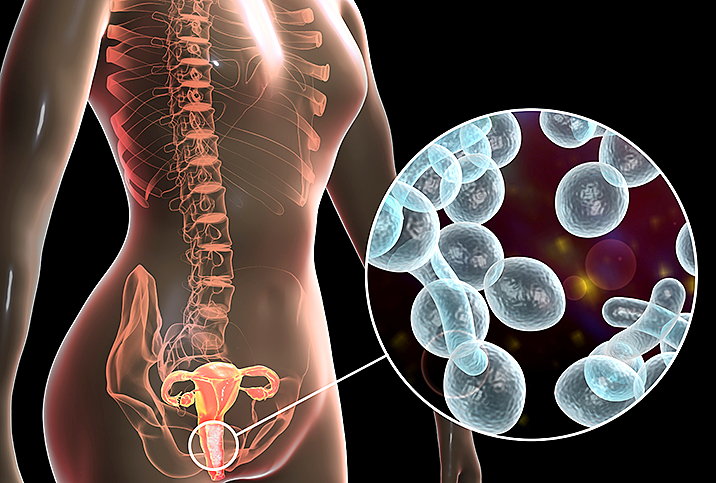What is Bacterial Vaginosis?
Bacterial Vaginosis (BV) is simply the overgrowth of one of several bacteria in the vagina or pathogens introduced to the vagina.
The prevalence of BV increases with having multiple sex partners, a new sex partner, douching, and unprotected sex practices.
Women who have never been sexually active are rarely affected.
BV is not considered an STD but is one of the most prevalent gynecologic infections in the U.S., affecting 21 million women ages 14 to 49 each year.
Bacterial Vaginosis Statistics
According to a nurse practitioner and clinical director of the Women’s Institute for Sexual Health, one in three women will get BV at some point in their life, yet 84% of women inthe United States report no symptoms.
What are the symptoms of BV?
Symptoms include:
· Grayish or white vaginal discharge
· Watery discharge
· Vaginal discharge with foul smelling
· Burning sensation while urinating
· Itching around the vagina area
How is BV diagnosed?
Common tests & procedures:
Pelvic examination: Visual examination of vagina internally and externally to check if the pelvic organs indicate any signs of the disease.
Microscopic Examination of vaginal secretions: Secretions are collected and checked under a microscope for clue cells, vaginal cells covered with bacteria that show the presence of BV.
Vaginal pH test: A pH of 4.5 and higher indicates the sign of BV.
How is BV treated?
Treatment is recommended for symptomatic women. The benefits of treatment are patient-specific but are geared toward relieving vaginal symptoms, signs of infection and reduction in susceptibility to STI infections such as chlamydia, gonorrhea, trichomoniasis, HIV, herpes simplex virus type 2 and pelvic inflammatory disease.
Common treatment includes Metronidazole orally or intravaginally, Clindamycin 2% cream intravaginally, Secnidazole orally, Tinidazole orally, and Clindamycin orally or intravaginally.
What do I do if I am having symptoms of bacterial vaginosis?
If you have one or more symptoms of BV, you should be evaluated and treated by a medical professional.
If you think you may be pregnant, it is very important to be evaluated and treated by a health professional as BV can contribute to premature labor or low-birth weight births.
The healthcare provider will decide which treatment is best for you. It is important that you take all of the medicine prescribed to you even if your symptoms go away.
Treatment may also reduce the risk for some STDs. If you have concerns about symptoms of BV, we are here to help.
You can call our clinic at 858-397-1970 and speak to one of our healthcare providers today.
Sources:
https://www.cdc.gov/std/bv/treatment.htm
Management of bacterial vaginosis: Updated guidance from ACOG
https://www.news-medical.net/news/20181016/Survey-results-highlight-the-need-for-better-communication-between-patients-and-HCPs-about-bacterial-vaginosis.aspx




